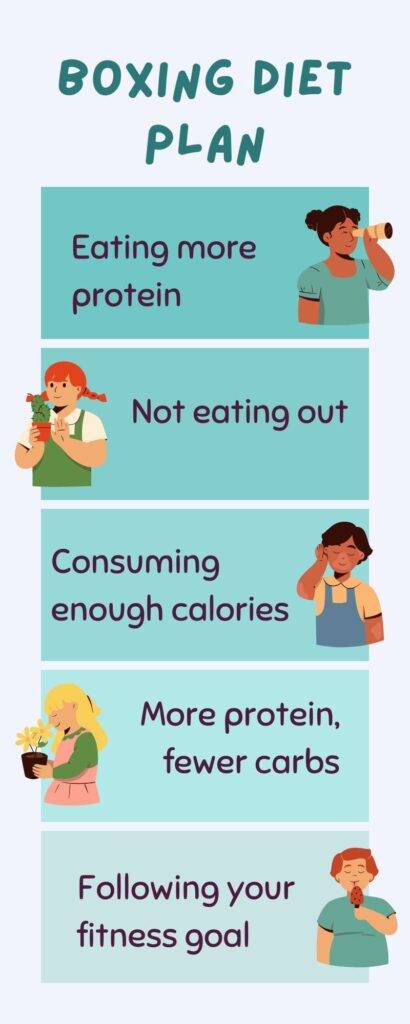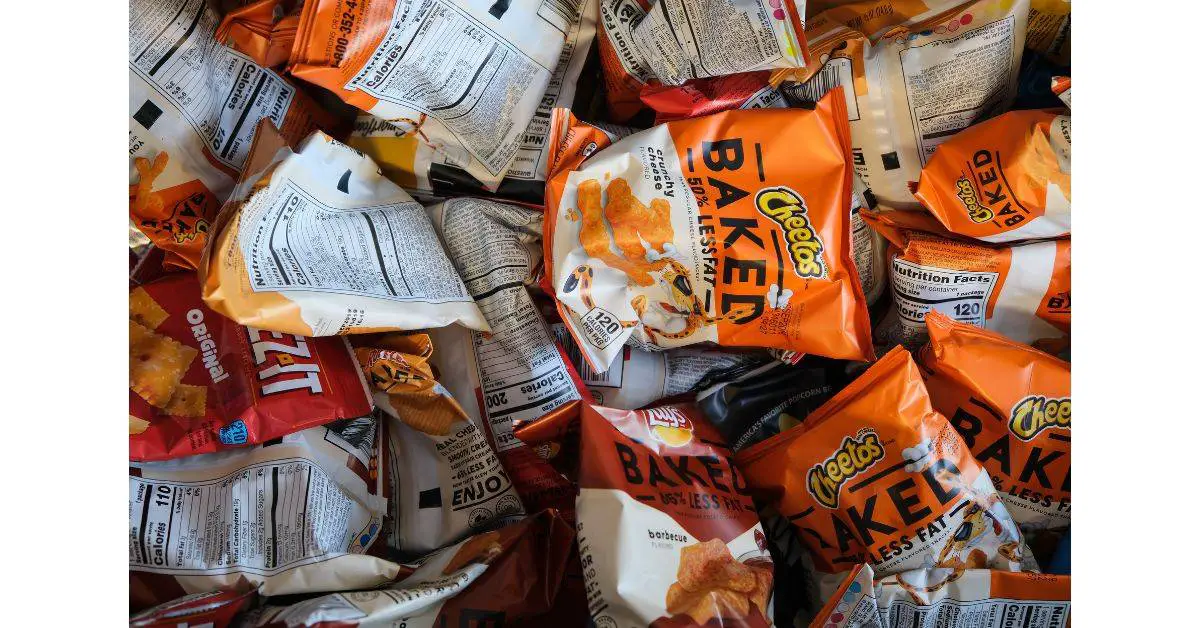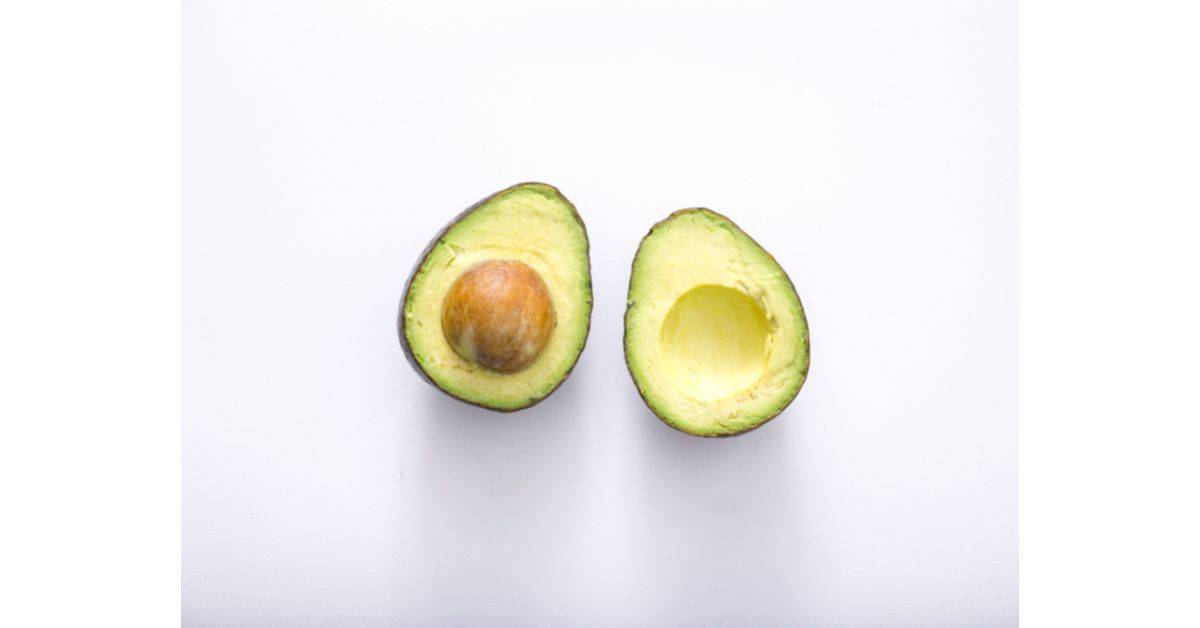Boxing can be extremely tiring. In that case, you want to fuel your body with the right nutrients. If you won’t, you simply won’t see as much growth outside the ring. While you may be able to learn the techniques and improve your skills as a boxer, your fitness journey will be a non-ending one.
As a boxer, you must eat enough to fuel of the right things to fuel your activity. As a result, you’ll be able to sustain an intense lifestyle, and thus, train more often while building more muscle mass or losing body fat. For instance, a 6-foot male boxer, who weighs 180 pounds, should consume, at least, 2700 calories.
This number of calories is to maintain his weight. For example, if this boxer were to desire building muscle mass, he would have to consume up to at least 3000 calories per day.
If he were to consume less than that, it would be impossible to see any progression in his physical body, other than in losing fat. If he wanted to lose body fat for any reason whatsoever, he would have to consume anywhere from 2300 to 2690 calories per day.
However, that’s not all.
The calories you want to consume have to be from right sources. For example, you can’t expect to build muscle mass and lose weight if all you eat is junk food. On the other hand, if you cook at home or eat from healthy sources, such as nuts, fish, and white meats, you’ll be on your way to seeing more physical results.
This article will discuss anything you need to know to give you all the knowledge you’ll need to progress in your fitness journey. You’ll be able to both boost your recovery and progression in the boxing realm while maintaining an exponential growth in the fitness area.
Let’s dive in.
Key concepts boxers need to follow with food
This section will discuss three primary concepts you must be familiar with to see results in the physical realm. Of course, if you don’t follow one of these, your boxing journey will be much tougher, as your body won’t be ready for the next workout.
Because of that, you must be ready to invest your time into maintaining and following these three key concepts. If you do, you’ll see exponential growth in your fitness results. That will lead, as you can guess, into more progression in the boxing area.

#1 – Not eating out
The first key concept—is not eating out. Of course, you can eat out; you must do so, however, rarely. Or, at least, rarely enough.
If you want to eat junk food, be ready to experience negative consequences. You might not be as ready for the next boxing session. Deep down, mentally, you’ll feel fine. But, once you start your training, your body will go against you; hence, won’t be as capable of going through intense training.

If, however, you give up the junk food and instead eat healthy foods, such as rice, white meats, or even fish, your body will be with you. You’re less likely to feel symptoms that might hurt your chances of going intense, such as headaches, digestive disorders, or even wanting to puke.
In the 3rd part of this article, I’ll demonstrate what you should eat. If you want to ensure you don’t feel such symptoms and are ready to tackle the following training session, it’ll be best to eat these foods, rather than eating out every single day.
Nonetheless, to give you a few examples of what boxers should eat:
- Complex Carbohydrates (hence rice, pasta, peas, vegetables)
- Lean protein (hence fish, low-fat cottage cheese, tofu, lean beef)
- Good fats (hence olives, corn, nuts, seeds, fish, avocado)
You should avoid everything that’s processed, on the other hand. You’re likely to know some of these examples, so I won’t mention them here.
Let’s move onto the following key concept.
#2 – Eating more protein
Eating more protein—is a habit we can all benefit from. If you want to build muscle mass, it’ll be best to do so. Likewise, consuming more of the building blocks of our body (protein) will also help us lose body fat while maintaining our muscle mass.
It really is a win-win situation if we decide to do so. We’ll also feel less hungry throughout the day if we decide to eat more protein rather than carbs or processed sugars.
The recommended dietary allowance to prevent deficiency for an average sedentary adult is 0.8 grams per kilogram of body weight. (SOURCE)
But, you likely need more than that. Let’s examine this following quote, that’ll help us better understand how much protein we need to eat to gain muscle.
To increase muscle mass in combination with physical activity, it is recommended that a person that lifts weights regularly or is training for a running or cycling event eat a range of 1.2-1.7 grams of protein per kilogram of body weight per day, or 0.5 to 0.8 grams per pound of body weight.
SOURCE
For boxers, however, the case will most likely be the second option. More protein = More building blocks in our body.
Do try to keep your protein intake up to 0.8 grams per pound of body weight, as that’s the healthy range. Don’t go over that, unless a professional consultant told you otherwise.
#3 – Consuming enough calories
The third key concept—is to consume enough calories. One may think it’s an obvious one and that is extremely easy-to-follow. However, from personal experience, I can tell you that it’s not the case.
Some people find it difficult to eat enough calories to maintain their current weight, especially when they incorporate boxing training, which is intense and burns plenty of calories. As a result, they end up losing body fat on a constant basis, until they reach a point where they eat enough calories to maintain their new weight.

For most people who want to lose body fat more than anything, this solution is fine. But, as you may have guessed, I’m talking about folks who usually want to build muscle mass – and are not capable of consuming enough calories, for any reason.
The reason may be that they’re incapable of eating more, as they’re full throughout the entire day. Another reason may be mental barriers regarding eating habits. Their brains will signal them to stop eating as soon as possible, as they might become overweight—so they stop eating.
Consuming enough calories is also crucial for recovery. If you want to give 100% of your actual capabilities in every boxing session, you must eat enough calories, and especially protein, to ensure your body recovers. That also includes good sleep, of course.
Diet plan ideas for boxers
Now that we understand the basics, let’s go over two diet plan ideas that mostly fit fitness enthusiasts. For that reason, they’ll also be suitable for boxers, who must eat properly to maximize the amount of progression both in the fitness and boxing realms.
Both diet plans aren’t contradictory. Rather, they’re complimentary. As such, if you’re interested in optimizing what you eat to ensure you progress as much as possible, I encourage you to adopt these two into your daily eating habits.
#1 – More protein, fewer carbs
The first concept, or diet plan, we’ll discuss—is consuming more protein and fewer carbs. Eventually, carbs give us the “fun effect”“. We’re more likely to enjoy eating bread, rice, pasta, or sugary foods, than lean chicken breast or fish.
Likewise, we’re more likely to eat more of any food if it’s sweet, thus included more sugar. Most of us will find it effortless to eat a dessert with a cup of tea with three spoons of sugar inside. On the other hand, eating healthy proteins, such as chicken breast, eggs, and fish—may be more difficult for some.
Addiction to food is a real thing. Simply look at the rate of obesity amongst adults in the US to realize how real it is.
Nationally, 41.9 percent of adults have obesity.
SOURCE
4 out of 10 people are obese in the US, according to Trust for America’s Health. That, in itself, proves the point that addiction to food is real.
Back to our topic; because addiction to carbs and sugars is real, we want to consume more protein, as they’re the building blocks to our bodies. It’s best practice to consume, as I previously have mentioned, up to 0.8 grams of protein per pound of your body weight.
#2 – Following your fitness goal
There are three primary fitness goals people have, losing body fat, increasing muscle mass, or maintaining their current state to stay healthy. While all three are valid, you can pursue one at a time. That means that if you want to lose body fat, you won’t be able to build muscle simultaneously.

The case is different for beginners, however. If you have never lifted weights before, you might be able to both lose weight and gain muscle at the same time, if you train and eat properly. Nonetheless, it’s best practice to only focus on one.
Your fitness goal dictates how you treat your diet plan. If you want to lose body fat, you must consume fewer calories than what you burn, daily. On the other hand, you must consume more than what you burn, daily, to gain muscle mass.
Of course, it’s also best practice to eat healthy foods, regardless of your fitness goal. As such, whether you want to lose body fat or gain muscle, it’ll be best to consume healthy sources, exclusively.
The next section will discuss some foods you should be consuming daily. If you want to ensure the long-term progression of yourself, both as a boxer and in the fitness realm, this may be the most critical section for you to read.
What should I eat as a boxer
As I mentioned in the last section, this section will discuss the foods you ought to focus on consuming. Eating these, exclusively, will ensure you won’t be hungry throughout the day, even when trying to lose fat.
Likewise, they’ll promote various mechanisms in your body that will help you in the long-term. For instance, your metabolism will increase when you consume these sources, rather than junk food.
I have divided this section in 3-parts, proteins, fats, and complex carbohydrates. At the end of this section, I’ll list a table that’ll explain how much you should eat out of every group. By doing so, you’ll be optimizing both the short and long-term progression you’ll have in your boxing journey.
Protein
The first group we’ll discuss—is proteins. To be accurate, they are the building blocks of your body. If you want to ensure you progress and recover from the intense boxing sessions you have, these are the most critical to get right.
In my fitness journey, I have never tracked carbs and fats. I’ve only seen it necessary to track protein intake, which seems to take the world by storm. Where I live, the market’s shelves are filled with protein-based products; it seems that everyone realized of the importance of proper protein intake.
The following list is healthy protein sources you should consider adding to your diet plan:
- Fish
- Lean meats
- Low-fat milk
- Low-fat cheese
- Eggs
- Chicken breast
- Seafood
- Tofu
- Grains
- Nuts and seeds
By consuming these foods as your protein sources, you’ll be able to reach the amount of grams you need to intake per day. That will boost your recovery while ensuring you progress with time.
Let’s move onto the following group.
Fats
Now that we’re familiar with healthy protein sources, let’s move onto the second group – fats. Some folks seem to think of fats as the foods that’ll cause you to gain the most fat. That claim is simply untrue. But, we can understand where these people get their conclusion from.
Each gram of fat has 9 calories in it. As a result, it’s the group that’s easiest to consume the most calories from. However, it’s also an essential group, if you want to see progress in your boxing journey. So, be sure to consume enough fats.
The USDA recommends getting up to 35 percent of your calories from fat. This means: up to 97 grams of fat per day in a 2,500-calorie diet. Up to 66 grams of fat per day in a 2,000-calorie diet.
SOURCE
Up to 35% of your calories from fat; do you now understand how important it can be to consume such foods.
Here are healthy fat sources:
- Coconut
- Avocado
- Olive oil
- Nuts
- Seeds
- Grass-fed beef

These are common examples of what you can begin consuming to reach the amount of fats you need to consume per day. It’s only common sense that if you need protein to build muscle, you also need fats and carbs to ensure you progress and recover properly from the previous boxing workout.
Let’s move onto the last group you need to invest some of your attention to: carbohydrates.
Complex Carbohydrates
The last group of foods we’ll discuss is, as you may already have guessed, carbohydrates, or carbs. This is the group of foods most people find difficult to deal with. Often, they contain more sugar than others.
However, consuming them in the proper dose, is critical for your progression. They’re responsible for the energy you’ll have in your training. More often than not, low-carb diets are specifically for fat-loss. People who have lifted before and got onto a low-carb diet, end up lifting less weight.
Carbohydrates provide the body with glucose, which is converted to energy used to support bodily functions and physical activity.
SOURCE
The following list is healthy foods you’ll find carbs in:
- Apples
- Bananas
- Fruits
- Rice
- Pasta
- Spaghetti
- Potatoes
- Vegetables
- Beans
The following list is unhealthy foods that are rich in carbs:
- Pancakes
- Cereal bars
- Cakes
- Potato chips
- Candies
- All of the processed/highly-sugary foods you can think of
So, how many carbohydrates should boxers consume? If you’re trying to gain muscle, you should aim to eat anywhere from 5 to 6 grams of carbs per kg of your body weight. If you’re trying to lose weight, you can try to experiment with a low-carb diet, as it’ll promote fat loss and increased metabolism.
What not to eat as a boxer
Now that we understand how much to eat from which food group, let’s examine what foods it’ll be best to avoid altogether. If you’re trying to optimize your progression rate in the boxing gym, here’s what you should avoid eating.
As a boxer, it’ll be best to avoid all processed/sugary foods. For example, avoiding cakes, pancakes, desserts, or any other type of sweet treat—is critical, as they’re high in calories and low in necessary nutrients. Likewise, sticking with high-protein foods, such as fish and chicken breast—is key to consuming enough protein.

Eventually, if a boxer doesn’t eat enough proteins, he’ll find it difficult to recover from the previous intense boxing session.
How many meals should boxers eat per day?
The number of meals you should eat per day depends on numerous factors. First, what do you want to achieve? If you want to build muscle mass, it’ll be best to spread out your meals into multiples of ones, more accurately 4-6.
On the other hand, if you’re trying to lose weight, I prefer sticking with 3-4 meals and spread them throughout the day.
As a boxer, you burn more calories than the average, non-training, person. As a result, you must also consume more calories than the average. Eventually, you can use this caloric calculator to calculate how many calories you need to eat per day.
That’s the first step in finding how many meals you want to have. There’s no right or wrong; some people prefer to only have 3 meals per day. Others and I included, however, prefer spreading my calories through the entire day – hence eat 5-6 meals per day.
Boxers may find it more difficult to build muscle mass, as they’ll need to consume more calories per day. That’s because they also burn more calories on a weekly basis. So, eating more meals per day—may be what’s missing in your diet plan.
Do boxers need a diet?
Boxers need a diet because it grants structure and order in a complicated subject. If you can optimize your diet to fit your fitness goal; hence include more calories than what you burn if you’re trying to build muscle, and the opposite for burning fat, you’ll be on your way to progressing faster in your boxing journey.
Final words
To end this article, I want to emphasize the importance of having the right diet for your fitness goal. If you want to improve your recovery as a boxer, you must also consume healthy foods, and focus on protein and fat intake.
However, if you’re trying to lose weight, you might want to consider going on a low-carb diet, as it’ll promote fat loss and will boost metabolism. As a result, you’ll ensure your progression as a boxer while pursuing a valuable and desirable fitness goal.
If you enjoyed reading this article, you’ll also enjoy reading about whether your wrists should hurt after boxing. If you want to know that may happen and why it may be bad for you, follow the link to an article of mine on the topic.

